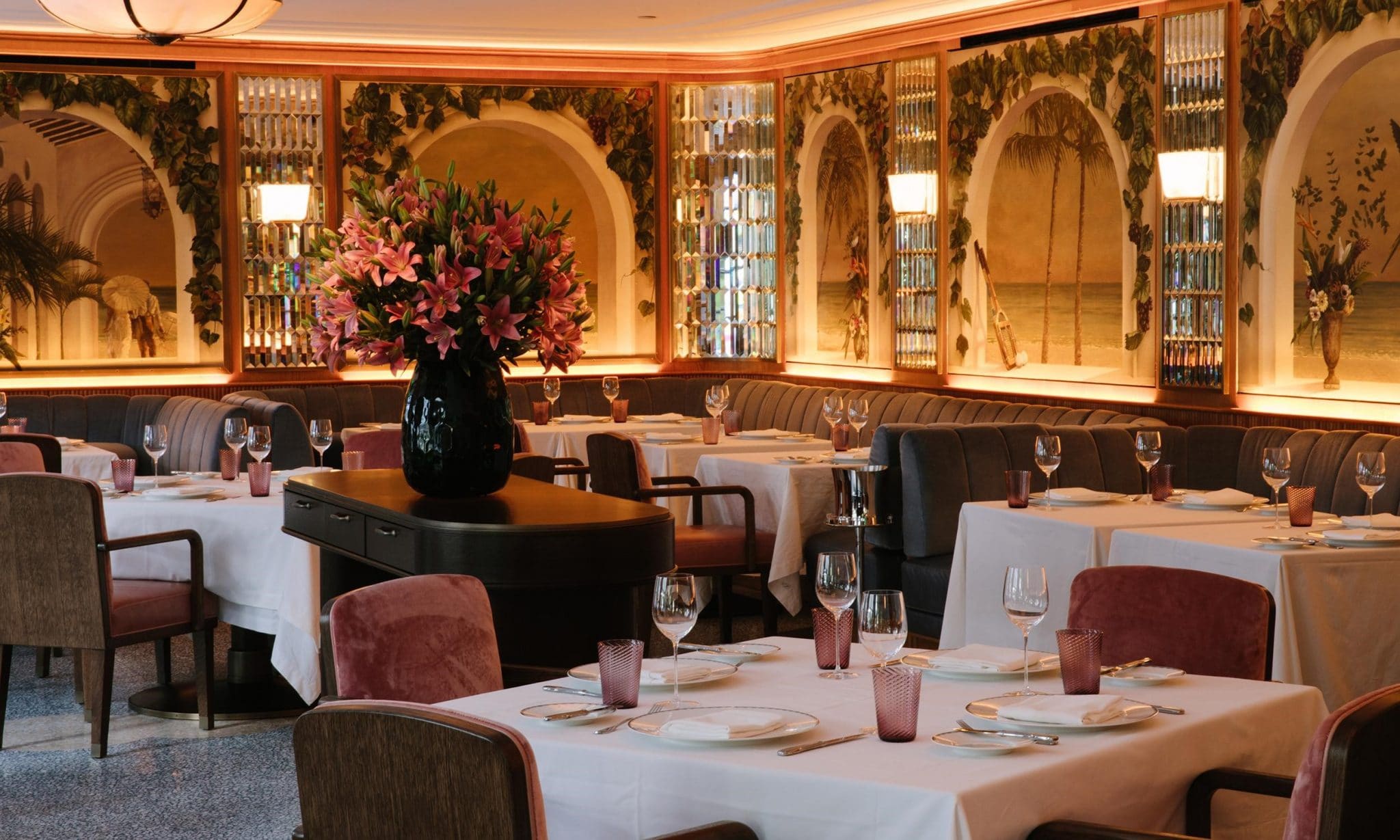
Sometimes referred to as ‘comping’.Ĭover: This is a term for a single paying customer.
RESTAURANT LINGO FREE
This is basically a table that’s reserved for special guests.Ĭomp: This is when you give something free to a guest. They often focus on one particular type of cuisine, but some are multi-skilled.Ĭhef de Partie: Sometimes referred to as a ‘line cook’, a Chef de Partie is someone who’s at the beginning of their career journey (sometimes referred to as ‘Commis’, too).Ĭhef’s table: One of (if not the) most luxurious ways to dine at a restart.


It’s more efficient than undertaking two separate table visits and helps with cover turnover.Ĭhef: A chef is someone who is trained in the art of cooking. Other common names include barman, bar chef, barmaid, barkeep and mixologist.Ĭharcuterie: This is a very specific type of cooking that’s focused on the preparations of sausage, bacon, ham and other meats.Ĭheck back: This is when a server goes to check how the meal is for a customer while at the same time dropping them the bill. Depending on your market, it’s a great way to differentiate yourself locally.īartender: Bartenders are employed by restaurants to run the bar service and serve drinks. So, think the kitchen (usually), offices, prep rooms and staff areas.īalancing the cash register: This is usually takes place at the end of the day or shift and is the process of ensuring that the money contained in your cash drawer matches the takings during that period.įarm to Table: This represents the cycle of your food coming direct from the farm to your restaurants table. Hospitality phrases and key termsĪ La Carte: Think of this as the opposite of a set menu where the guest can order their own individual dishes of choice.Īverage order value (AOV): The average amount of money each guest spends whenever they visit your venue.īack of house: This refers to everything that takes place behind the scenes, out of view of your guests. Most of the terms in this glossary come from the United States hospitality industry, but many can be applied across the globe. In this glossary, we’ve broken the terms up into two sections: the first for the key phrases and terms, and the second for the slang terminology you’ll almost certainly encounter on a day-to-day basis. It’s why spending some time learning the broadest range of hospitality terminology is such a good idea. It’s important to remember that the same term for one aspect of a role in hospitality may not carry across if you switch positions. This has resulted in numerous career opportunities, and while they all relate to taking care of guests and providing them with the best possible experience, they also carry their own bunch of phrases and “if you know, you know” terms. You can do that with a comfortable bed for the night or a seat at a restaurant table.

Hospitality is all about taking care of people and providing them with a service which delivers joy, relaxation and fulfilment. There are many ways to define the hospitality industry, but it’s best to go back to the roots of the word itself. We’ve collated the most important terms you’ll need to be aware of it you want to slot effortlessly into your working team. That’s why we’ve put together this ultimate glossary of hospitality terminology.

This is particularly the case in hospitality, where the number of phrases, acronyms and slang terms could fill an encyclopaedia. In some industries, they practically speak an entirely different language. Whenever you enter a new industry (or get back into one from which you’ve had a break), there’s so much to learn.īut beyond the day-to-day tasks, responsibilities and skills you’ll need to get to grips with, there’s one other aspect that catches a lot of people out: the lingo.


 0 kommentar(er)
0 kommentar(er)
